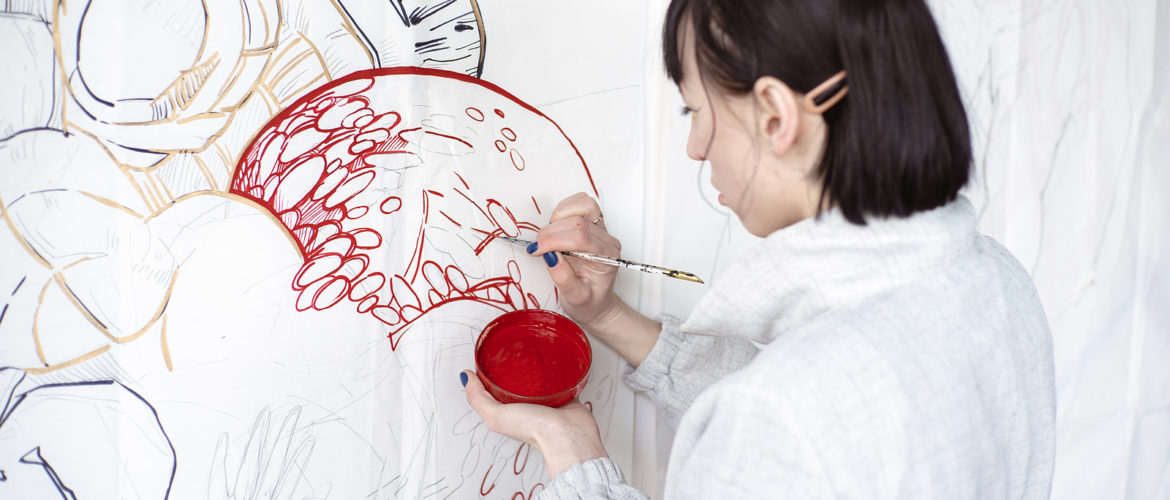Is Buying Fine Art a Privilege? A Modern-Day Perspective

For centuries, the art world was a closed community that was only accessible to wealthy people. This belief goes back to the times when royalty and nobility had their portraits painted as a symbol of social status. The current art market features work that can be priced up to hundreds of millions of dollars, and some people are willing to pay that money. A good example of that is a painting by Leonardo da Vinci, which was sold for $450.3 million at Christie’s auction in 2017 and has never been seen publicly since then. Historical facts tell us that buying fine art is a luxury accessible to a limited number of people. But is that really the case today?
Is Buying Fine Art a Privilege? A Modern-Day Perspective
To plunge into the depths of this question, let us look at why people buy artworks. First of all, buying fine art is often considered an investment. Those who wish to diversify their portfolios and mitigate risks often invest in the art market. Another reason one might want to acquire an art piece is quite simple — it is because they like art and want to own it. Artworks are often purchased for decorative purposes, and people naturally want to surround themselves with beautiful things.
But is all art so expensive that it can be seen as an asset? This largely depends on what can be called “fine art.” Is a printed-out digital painting a work of art? A lot of people will say “yes,” but just as many people will disagree with them. The fact is art prints created using digital methods are often less expensive for a variety of reasons. For example, they can be quickly mass-produced, while traditionally painted artwork cannot. But does this mean that digital artists are not as talented or work less than traditional ones? More often than not, that is not the case at all.
While buying fine art can often be regarded as a privilege, it has become much more accessible these days, especially with the appearance of new technological advances. They help artists cut the expenses that go into purchasing materials and significantly speed up the process. Moreover, acquiring artworks by lesser-known but promising artists whose pieces are not as expensive is a great way to start collecting art. After all, supporting local emerging talent is always a good thing to consider.
